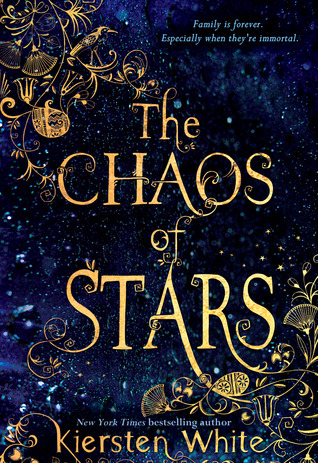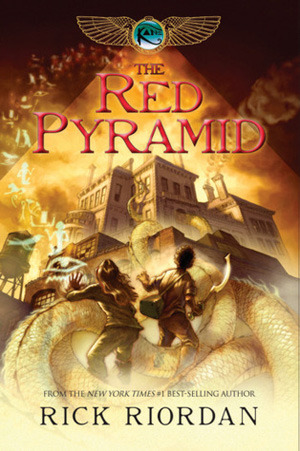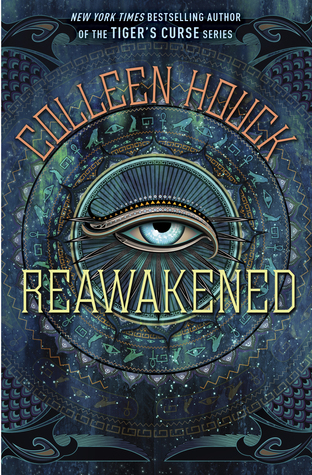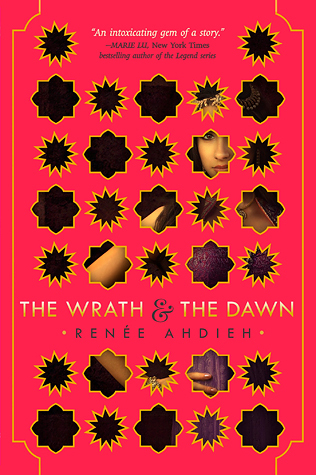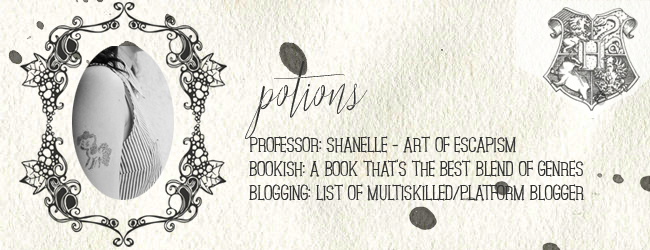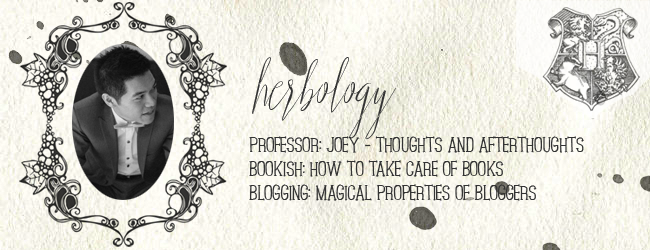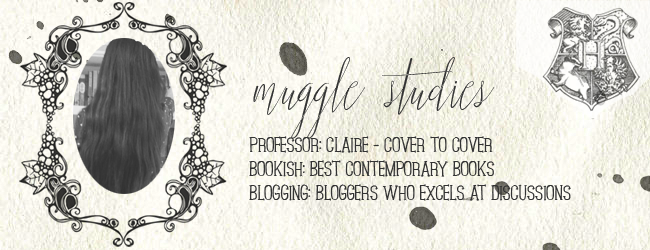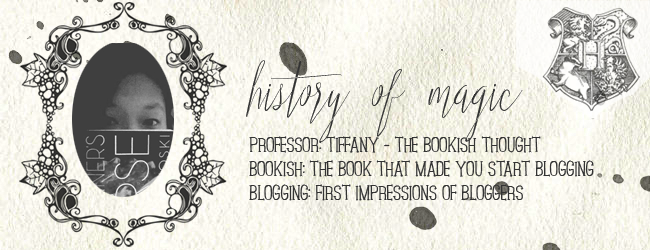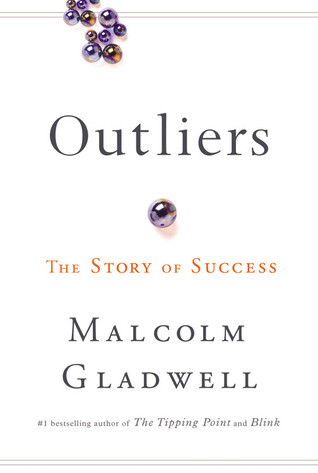Since the 4th grade, mythology has been one of my favorite topics, and I love learning about different people, cultures, and ideas.
I believe I have an enormous repertoire of Creation Myths, folklore, and fairy tales from around the world, so in this Tag I'd like to not only share YA mythology/folklore but mythology for all ages!
 |
| Click here for image source. |
Three relatively recent Egyptian Myths I've read include The Chaos of Stars, The Red Pyramid, and Reawakened. Out of these three, I have to say that both The Chaos of Stars and The Red Pyramid had more mythology, content-wise, than Reawakened. However, Reawakened is by far my favorite of these three, because it had awesome characters and vivid descriptions of places in Egypt.
 |
| Click here for image source. |
Akbar and Birbal is one of my all-time favorite folktales- I came across it first when I was about 10 years old, and to this day, it remains a cherished part of my childhood. The Mahabharata is a famous Indian epic that I encountered at the same age as I did Akbar and Birbal. It is culturally, socially, and historically one of the most important epics of India. The Tiger's Curse is the first YA book I have ever read that contained Indian mythology, and it is well researched and it describes a lot of beautiful places in India.
 |
| Click here for image source. |
I NEED more Norse Mythology. The movie Thor was ok, but it did nothing to satisfy my curiosity about the nuances of Norse mythology. Then came along Valkyrie Rising which filled me with a burning desire to know more about Valhalla, about Valkyrie, and about Loki. Know any good books on Norse mythology? If you do, please recommend below in comments.
 |
| Click here for image source. |
Chinese folklore is fascinating. Eon is a favorite!! I love the world Alison Goodman built and the descriptions of dragons were DIVINE. Another important Chinese cultural book (it's not mythology or even folklore, but its representative of classical Chinese culture) is The Art of War which is THE book that inspired modern tactics/ strategies. It's inspirational, useful, and if I was ever stranded in the middle of a battlefield, I would pick this book over any weapon. The Empty Pot is a childhood read, and it teaches an important lesson about honesty. Although I read much more Chinese folklore as a child, this is the one I remember best.
 |
| Click here for image source. |
This sub-genre of mythology is by far the most popular, and I give some credit to Rick Riordan's wonderful books. The only original Greek epic I've read is The Odyssey, and I absolutely loved it:) Edith Hamilton's Mythology was an EXTENSIVE trove of all types of myths and creation stories- it was beautiful and I consumed the whole book in a span of a few days.
 |
| Click here for image source. |
Arabian mythology is beautiful. With descriptions of starry nights, deserts, and food, Aladdin is the movie that introduced the many wonders of this sub-genre. My absolute current favorite book this year is vacillating between The Queen of Shadows (not Arabian mythology) and The Wrath and the Dawn. The Wrath and the Dawn is stunningly written and is based on Arabian Nights. One story from the Arabian Nights, called Ali Baba and the Forty Thieves is also a favorite.
Emma @smartbookclub, I Tag you!


